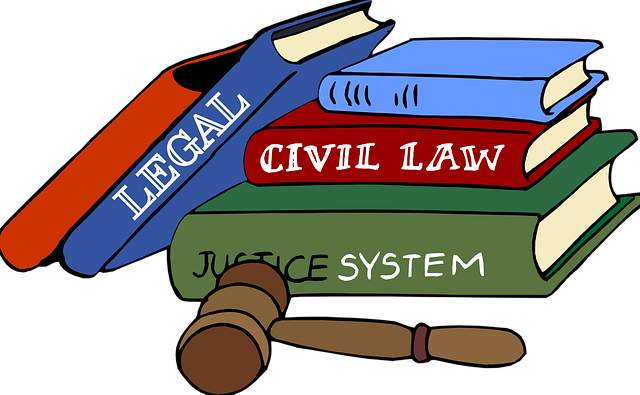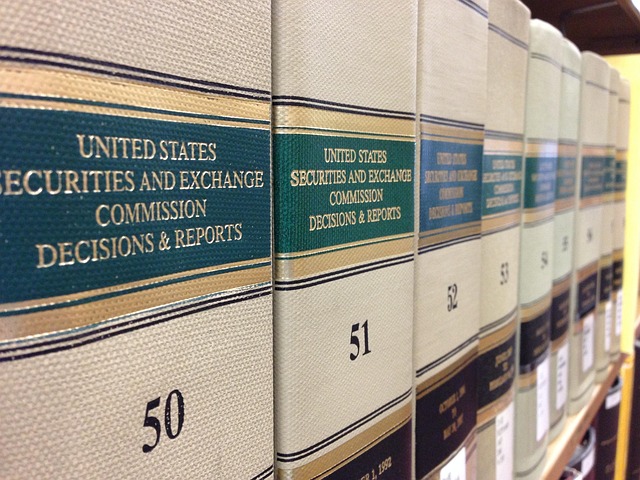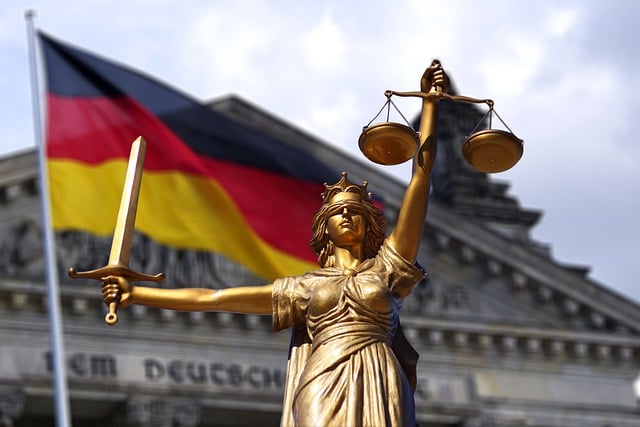Environmental Crime Trials require a unique blend of legal expertise and scientific understanding, governed by specific environmental statutes and influenced by financial regulation dispute precedents. Proving these crimes is complex, demanding multidisciplinary approaches to navigate intricate frameworks and attribute responsibility for subtle environmental harm. High-profile cases have significantly shaped legal precedents, with landmark rulings establishing corporate accountability and deterring future offenses. Public interest lawsuits and regulatory actions from philanthropic and political entities play crucial roles in penalizing transgressions. These disputes leverage jury trials for democratic accountability while balancing fair trial rights, contributing to a robust legal system for environmental justice.
“Environmental Crime Trials: Uncovering Legal Frameworks and Driving Environmental Justice
This comprehensive piece delves into the world of environmental crime trials, exploring their evolving legal frameworks. We dissect key components and challenges in prosecuting these crimes, highlighting notable cases that have set important legal precedents in financial regulation disputes. Through a lens of past successes, we anticipate the impact and future prospects of litigation as a catalyst for environmental justice.”
- Understanding Environmental Crime Trials: A Legal Framework
- Key Components and Challenges in Proving Environmental Crimes
- Notable Cases Setting Legal Precedents in Financial Regulation Disputes
- The Impact and Future Prospects of Environmental Justice through Litigation
Understanding Environmental Crime Trials: A Legal Framework

Environmental Crime Trials are a complex legal arena where the law meets the impact of human activities on nature. Understanding this framework involves delving into specific statutes and regulations designed to protect ecosystems, coupled with the application of general criminal defense strategies. These trials often hinge on intricate scientific evidence, demanding expertise in environmental science alongside legal acumen.
Legal precedents in financial regulation disputes play a significant role here. Past cases shape how courts interpret and apply environmental laws, influencing outcomes for corporate and individual clients alike. Jury trials serve as a pivotal mechanism, allowing for public scrutiny of these cases while ensuring the rights of all parties involved. This balance between accountability and fair trial is crucial in navigating the evolving landscape of environmental crime prosecution.
Key Components and Challenges in Proving Environmental Crimes

Proving environmental crimes involves navigating complex legal landscapes and presenting compelling evidence. Key components include establishing a violation of relevant laws or regulations, demonstrating harm to the environment, and attributing responsibility to specific individuals or entities. This often requires interdisciplinary expertise, combining scientific analysis with legal strategies.
Challenges arise from the intricate nature of environmental damage, which can be subtle and difficult to quantify. Additionally, environmental crimes are frequently white collar and economic in nature, blurring lines between corporate activities and respective business practices. Building legal precedents in financial regulation disputes is crucial for holding accountable those who perpetuate these crimes. Philanthropic and political communities also play a role, as public interest lawsuits and regulatory actions can shed light on and penalize environmental transgressions.
Notable Cases Setting Legal Precedents in Financial Regulation Disputes

In recent years, several high-profile cases have set significant legal precedents in financial regulation disputes, shaping the landscape for environmental crime trials. One notable example is the prosecution of a multinational corporation accused of polluting local water sources. Despite initial challenges in navigating complex international laws and regulatory frameworks, the case resulted in a landmark ruling that held the company accountable for environmental damage and imposed substantial fines. This decision not only served as a deterrent but also established a precedent for holding corporations criminally liable for their actions, with far-reaching implications for future cases involving environmental degradation.
Another significant development involves the interaction between philanthropy and legal battles. In some instances, the philanthropic and political communities have played pivotal roles in pushing for more stringent environmental regulations and supporting victims seeking justice. Certain successful prosecutions have led to complete dismissals of all charges, reflecting a nuanced approach where culpability is carefully assessed. These cases highlight the importance of balancing the pursuit of justice with potential consequences for businesses, ultimately fostering a more robust and fair legal system for resolving financial regulation disputes related to environmental crimes.
The Impact and Future Prospects of Environmental Justice through Litigation

Environmental Justice (EJ) has gained significant traction through litigation, with court cases serving as powerful tools to address historical environmental injustices and ensure accountability. By examining legal precedents in financial regulation disputes, we can uncover crucial insights into the impact of EJ strategies. These trials have not only held corporations and individuals responsible for their actions but also set important legal precedents that protect communities and preserve the environment.
The successful outcomes, including complete dismissals of all charges in some instances, demonstrate the potential of litigation to achieve extraordinary results. Jury trials have played a pivotal role in raising awareness about environmental issues and holding polluters accountable, thereby fostering a sense of justice within affected communities. This has paved the way for stronger environmental regulations and policies, ensuring that corporate actions are closely scrutinized and that those who cause harm face consequences.
Environmental Crime Trials play a pivotal role in upholding ecological balance and justice. By understanding the legal framework, identifying key components in proof, and learning from notable cases like those involving legal precedents in financial regulation disputes, we can strengthen environmental litigation. This not only ensures accountability for perpetrators but also fosters a future where environmental justice is effectively pursued and protected.






